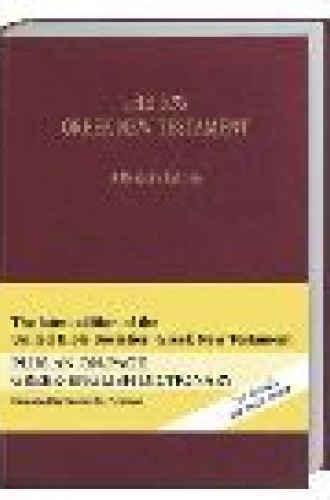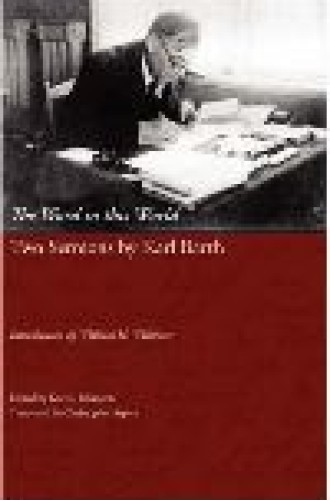BookMarks
It would be hard to imagine a more effective teaching tool for showing the difference between the early and the late Barth than this thin volume of two sermons not previously available in English. The early, confidently liberal Barth was convinced that in events like the sinking of the Titanic—the hub of his sermon rather than any biblical text or liturgical event—God speaks to us. After giving details on the greatness of the ship and recounting tales of heroism during the disaster, the young preacher in a blue-collar Swiss town intoned: “It is entirely God’s will that the world’s technology and machinery attain to higher degrees of perfection. . . . But I nevertheless get the impression that in this disaster God has intended to show us once more that he is the boss.” The second sermon was preached just after the Nazis’ rise to power in 1934 and just before they dismissed Barth from his teaching post in Germany. He hardly mentions the event at all, except for passing allusions to “recent days.” The sermon is about Jesus’ walking on water, showing how each line of the Gospel text reflects the gospel in full. Jesus’ lordship is singular, it signifies nothing else, Jesus simply “is.” Not that outside matters are unnoticed—they are noted in due time: Jesus first, through the biblical text, and all else only later.
This reader’s edition is a Greek New Testament student’s dream: it combines the latest edition of the UBS Greek New Testament with a contextualized translation at the bottom of each page of all vocabulary items occurring 30 times or fewer in the New Testament. An appendix includes vocabulary for words occurring more than 30 times in the New Testament.






